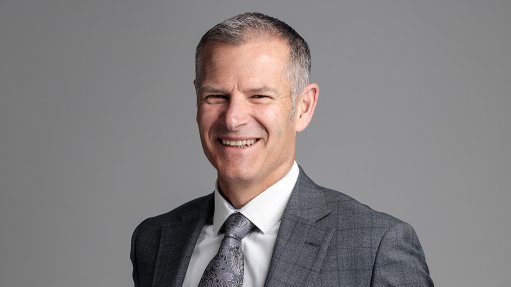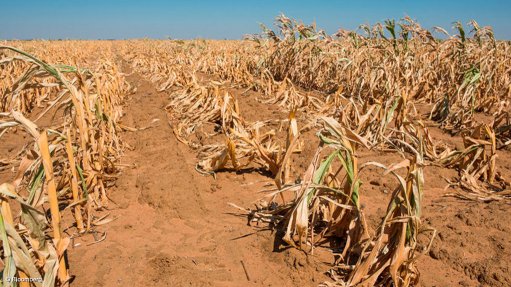Energy Saving Appliances Essential for Pockets and the Planet
This article has been supplied as a media statement and is not written by Creamer Media. It may be available only for a limited time on this website.
Did you know that the cost of electricity has increased by 500% since 2002? Back then, it cost 14.98 cents per kilowatt hour but spiked to 90.01 cents in 2019. Now, in 2021, prices are set to soar by 15%. With fridges and freezers in particular drawing upward of 400 watts per hour, what if these appliances could save you money?
To this end, Defy, Southern Africa’s largest manufacturer and distributor of major domestic appliances, has recently launched a campaign to educate consumers about the importance of buying energy-saving appliances. Richard Bunting, Defy’s Regional Sales Director, shares that simply by buying products with an Energy Efficiency Rating of A+ or higher, consumers stand to save up to R1,847 on electricity over a five-year period. “While consumers usually tend to make their purchasing decisions based on the cost to buy, we would like them to consider the cost to run, especially when it comes to cooling appliances since these are switched on 24 hours a day, seven days a week. In fact, of the roughly 900,000 fridges sold locally in 2020, 63% did not have an A+ Energy Efficiency Rating. Had they had this rating, consumers would have saved 50% of their energy costs. The financial impacts felt by consumers in the wake of the pandemic mean that these savings are more important now than ever before.”
He continues: “Not only do energy efficient appliances put money back into the pockets of our consumers, but they are also better for the environment. This is particularly pertinent given that Africa is one of the continents that is most vulnerable to climate change – a vulnerability that is exacerbated by existing developmental challenges. A major consideration is that South Africa still relies heavily on coal power stations which produce about 80% of the country’s electricity, yet energy saving is currently only at 8%, which might explain why we have to endure loadshedding. If the 900,000 units that I mentioned earlier had an A+ rating, it would have saved South Africa the energy produced by two Medupi Power Stations.”
“Buying smarter really is a win for everyone!” concludes Bunting.
Comments
Press Office
Announcements
What's On
Subscribe to improve your user experience...
Option 1 (equivalent of R125 a month):
Receive a weekly copy of Creamer Media's Engineering News & Mining Weekly magazine
(print copy for those in South Africa and e-magazine for those outside of South Africa)
Receive daily email newsletters
Access to full search results
Access archive of magazine back copies
Access to Projects in Progress
Access to ONE Research Report of your choice in PDF format
Option 2 (equivalent of R375 a month):
All benefits from Option 1
PLUS
Access to Creamer Media's Research Channel Africa for ALL Research Reports, in PDF format, on various industrial and mining sectors
including Electricity; Water; Energy Transition; Hydrogen; Roads, Rail and Ports; Coal; Gold; Platinum; Battery Metals; etc.
Already a subscriber?
Forgotten your password?
Receive weekly copy of Creamer Media's Engineering News & Mining Weekly magazine (print copy for those in South Africa and e-magazine for those outside of South Africa)
➕
Recieve daily email newsletters
➕
Access to full search results
➕
Access archive of magazine back copies
➕
Access to Projects in Progress
➕
Access to ONE Research Report of your choice in PDF format
RESEARCH CHANNEL AFRICA
R4500 (equivalent of R375 a month)
SUBSCRIBEAll benefits from Option 1
➕
Access to Creamer Media's Research Channel Africa for ALL Research Reports on various industrial and mining sectors, in PDF format, including on:
Electricity
➕
Water
➕
Energy Transition
➕
Hydrogen
➕
Roads, Rail and Ports
➕
Coal
➕
Gold
➕
Platinum
➕
Battery Metals
➕
etc.
Receive all benefits from Option 1 or Option 2 delivered to numerous people at your company
➕
Multiple User names and Passwords for simultaneous log-ins
➕
Intranet integration access to all in your organisation


















